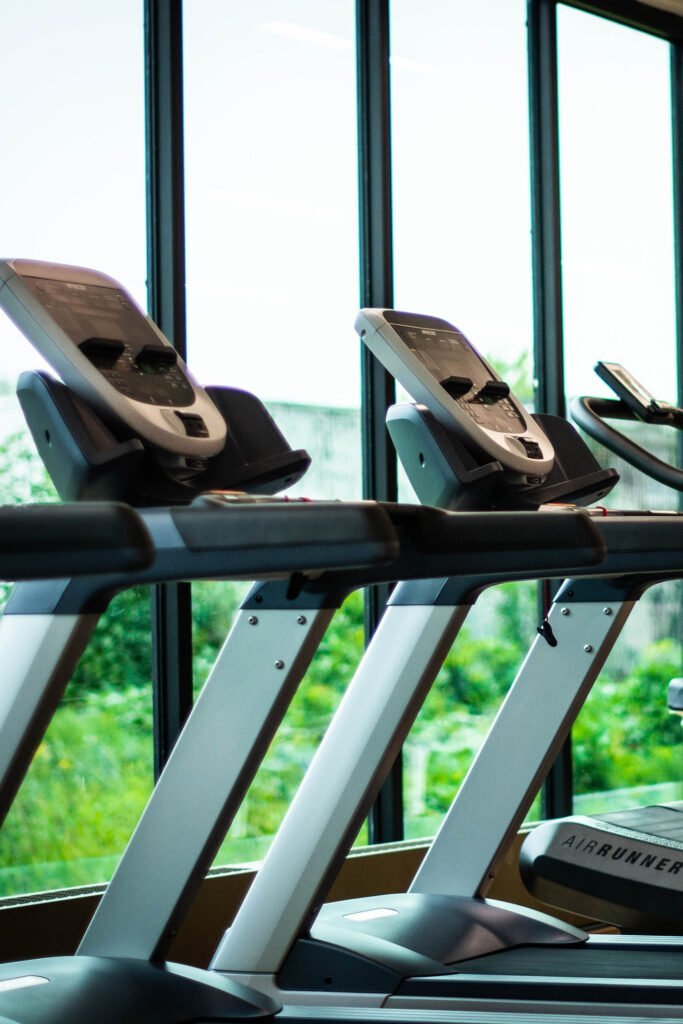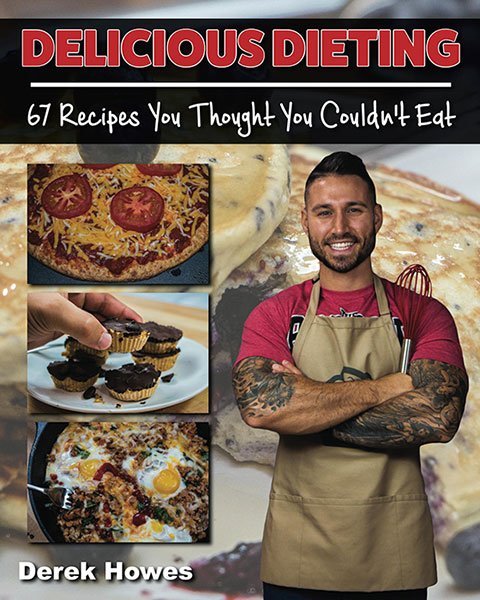Dieting is never an easy thing to jump into so here are 16 dieting tips you should take into consideration!
1. If you’re trying to cut off a lot of weight, don’t try and do it all at once. The maximum amount of time I would put a trainee on a fat loss diet would be 12-16 weeks. After 16 weeks (if you cannot achieve your weight loss goals by then) I would take a minimum of 4 weeks off an eat at a maintenance level or higher. This doesn’t mean go on a free-for-all and eat fast food everyday, it just means bump your caloric intake up to maintenance or a bit higher. This will give your metabolism a chance to reset as well as a mental/physical break from dieting.
2. Log and weigh all the food you eat. This is one of the most important things you can do when dieting. No, you won’t be able to guess a serving size on 90% of the foods you eat. Chances are if you aren’t weighing or logging your food, you’re not eating anywhere near what you need to be. Eventually you will be able to eyeball a serving size, but not at first. This is a must.
3. You don’t need to eat the same foods everyday. Be creative and think outside the box. Most everyone I have talked to has said they are sick of eating chicken, tuna, oatmeal, etc…so don’t eat it. Eating something you dread will only make dieting harder than it needs to be. Use low calorie, no calorie, fat free, sugar free, etc condiments and of course spices to make your meals more appetizing. The only thing you need to worry about are your macros and if these are in check you will have no problem reaching your goals. I will go over more about macros in a later article this month.
4. Crash dieting aka extreme caloric restriction doesn’t work. You know, the people who go on the diets where they basically eat nothing but salad all day? Yeah, not gonna do much besides shut down your metabolism and catabolize (make you lose) a lot of muscle. All you need to do is reach a decent deficit in order to lose weight. Restrict 400-600 calories under maintenance along with a decent amount of cardio and you will create this deficit. Of course, this will vary with everyone. Some may need to bump up the cardio and others may need to increase their caloric restriction. If you aren’t losing 1-2lb/week you should try either adding more cardio into your routine, increasing your caloric restriction, or changing your macros up (playing with your carbs/fats/protein intake).
5. You SHOULD get stronger (or at least maintain strength) while dieting. You may not be the worlds strongest man week after week but you should be seeing slight increases every now and then or at the very least, the ability to maintain your current lifts. If you aren’t, chances are something is “off” in your diet. Most likely you are on too high of a caloric restriction, doing too much cardio, or not getting enough rest. This goes for most lifters, those competing at low levels of body fat this does not apply to.
6. If you are on a caloric restriction and refuse to do resistance (weight) training, you are much more likely to catabolize (lose) muscle tissue. Even just doing body weight exercises is better than nothing.
7. You CANNOT spot reduce fat. Yes, we all have our problem areas but that just means you need to work harder to get the fat off. Most of the time our biggest problems areas are the ones that go away last. For guys, from what I have noticed, fat seems to come off the extremities first and the waistline last. For girls, the upper body area is usually the first to come off and the lower half last.
8. Use a tape measure. Record your problem areas as well as all other areas. The thing is most people think they are not losing weight because they are focusing on their problems areas. Try measuring each area every 2 weeks while recording it down and you will see that you are losing the body fat somewhere.
9. Use Green Tea as a fat burner. As a more natural alternative to all of those fat burners with stims out there, green tea has been proven to help promote fat burning, along with a great deal of health benefits. It’s also CHEAP!
10. Once you are at a very low caloric/nutrient level of a diet, it is usually better to increase cardio than to reduce your caloric/nutrient level any more.
11. If your diet consists of a reasonable amount of carbs, adding in HIIT (High Intensity Interval Training) or high impact cardio is fine. High intensity/impact cardio requires glycogen (storage form of carbs) for fuel. If you do not have this fuel, which results in your body being depleted on carbs, the body will catabolize (make you lose) muscle and use that as fuel for your HIIT/high impact cardio. This is why I suggest only doing this type of cardio when on a diet that consists of a reasonable amount of carbs.
12. If you are on a low carb or no carb diet you are more likely to catabolize (lose) muscle by doing HIIT or high impact cardio such as running while trying to lose weight. Running while consuming low or no carbs is a poor combo for most.
13. EFA’s (essential fatty acids) and BCAA’s whether through foods or supplementation have been proven to be extremely helpful in muscle mass retention on a fat loss diet.
14. If fat loss has stalled don’t panic and drop calories or increase cardio drastically. Most people lose fat in cycles or at different stages of fat loss the appearance of body fat reduction looks more so than at other stages (example: you notice body fat reduction in your waistline before, say, your neck or calves). Before dropping calories or increasing cardio wait at least 2 weeks of no weight loss or mirror improvement.
15. For a base point, when attempting to gain muscle 1.5 grams of protein is needed per pound of body weight for optimalgains. When dieting you may go as low as 1 gram per pound of body weight for men, and .75 for women. Going below this is one of the main reasons why people lose muscle when dieting.
16. Calories are calories (for the most part). As long as your calories are below or above maintenance you will lose or gain weight depending on your goals (I’m not saying all calories are healthy calories though).




Derek, does it matter if you drink the green tea hot or cold? Are the benefits the same either way? Thanks
Nope! I prefer it cold personally with some honey!